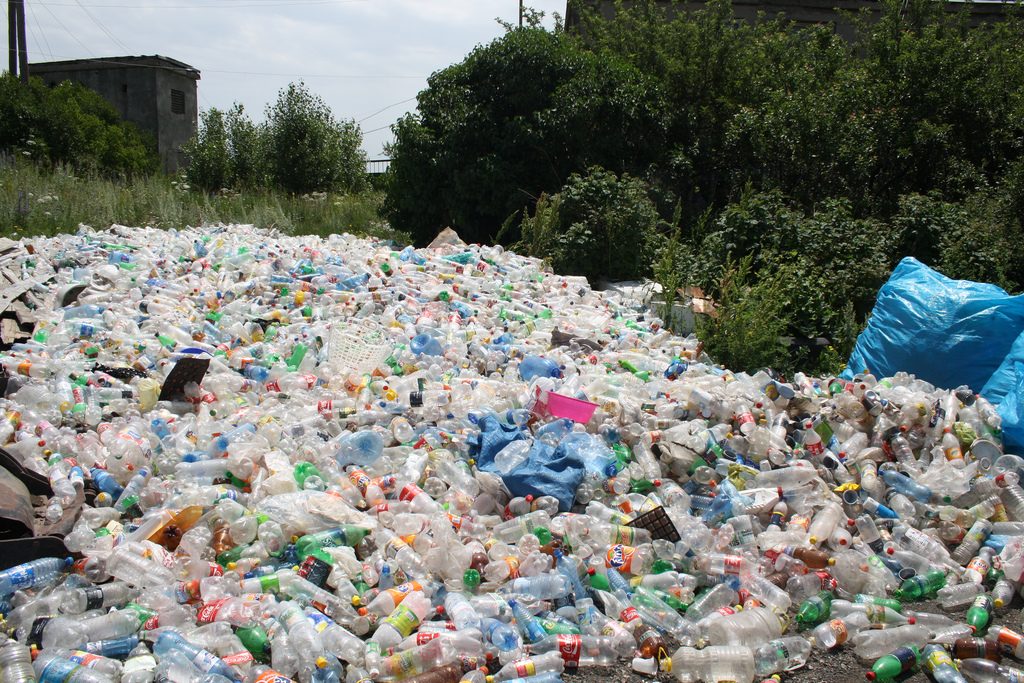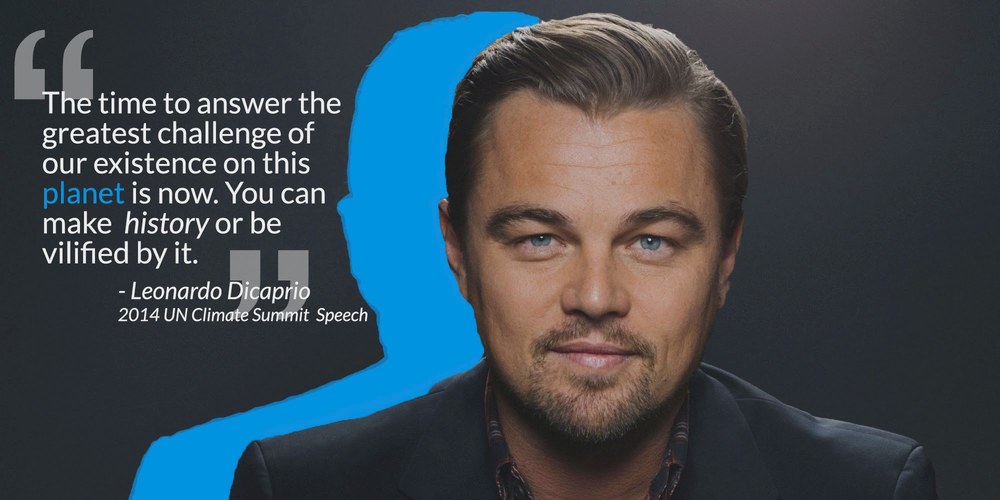
Meet the entrepreneurs taking on plastic waste
What makes the world go round? Some would say love, others money. But what about resources?
We live in a world where there is scarcity. Love might never run out (you’d hope) but the other stuff could, and we’re not doing too well at taking care of it.
Right now, our economies seem to be based mainly on a make, use, dispose model. We’re taking what we can find, turning it into something we can sell, and the getting rid of it.
And sure, it’s the big businesses and governments who have the power to keep that model going – but most of us are kind of just quietly going along with it, too. I’m probably not guilt-free in terms of being one of the many millennials who likes to talk the talk on saving the penguins (Leo’s all for it), but when push comes to shove, it’s tough to walk the walk.

But some entrepreneurs are thinking differently. And if their businesses take off, it might become easier and easier for the rest of us to make ethical consumer choices.
They’re thinking in terms of what’s called the circular economy, where rather than taking the ‘make, use, dispose’ approach, you keep resources for as long as possible, extract the maximum value from them, and then regenerate the materials to turn into something new (which is where the ‘circular’ bit comes in).
One example is Miwa, a Czech company that’s trying to reduce use of plastic and tackle food waste all at once. Petr, the co-founder, told me he'd worked in packaging for a while and seen the "dark side" of it all. That’s how the idea for his business came about. It goes like this: via an app, you can order the exact amount of food that you want to be delivered to your doorstep or the nearest shop in reusable packaging. The customer is directly linked to the person producing the good, and there’s no need for single-use packaging anywhere in the process.
Another example of moving from ‘dispose’ to ‘re-use’ is Cup Club, a start-up launching in London next January. The background story to their business is the fact that 100 billion coffee cups are thrown away every year. I don’t even know how to make sense of that number in my head but it is a lot of coffee cups (and a lot of coffee… how are we not all bouncing off the walls?!) Paper cups might seem better but they’re not much easier to recycle than the normal ones.
Enter Cup Club. They’re creating ‘smart’ coffee cups (as if being outsmarted by my phone wasn’t already enough), with drop-off points around the city which literally wash the cup for you and deliver it back to the shop. How insane is that?!
Then there’s businesses like Fair Harbor, who, rather than trying to change the way we use a product, are making the best out of all the waste we’ve already left behind, in a pretty unexpected way: turning plastic bottles into swimwear. “ Our objective with Fair Harbor is to create an awesome, well-made product that also shows a positive way in which we can create new things with recycled materials,” Jake, the co-founder, told me.

So where’s the drive for businesses like this coming from? Some say it’s us: because the post-millennial generation (because millennials are so yesterday) are ‘activist consumers’, who’ll turn straight to Twitter if they’re not happy with what a company is doing, brands are building social causes like environmentalism into their identities so they come across as allies of the causes their customers care about.
But to really allow these business ideas to take off, others say we’re going to need a bigger shift in the way our economies work than just a few customers on Twitter and a few start-ups by forward-thinking entrepreneurs: we need the big players – government and big business – to get on board too.
On some level, they are: Adidas and Stella McCartney are both making clothes and shoes out of recycled plastic, the UK introduced a 5p charge on plastic bags last year, and Kenya banned them altogether. A lot of the best ideas people have come up with to tackle plastic waste work because they're incorporating ideas from what's known as , which build on psychology to figure out how best to shift human behavior in the economy.
The main thing that the entrepreneurs I spoke to seemed to feel, though, was that we need a mindset shift: education on how much waste we’re using, ideas on how to stop, and creative approaches to using the waste we’ve already generated to turn it into something new.



